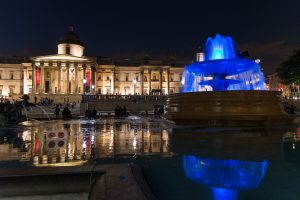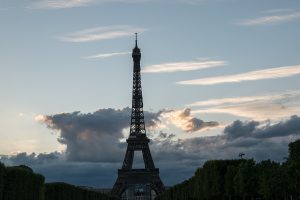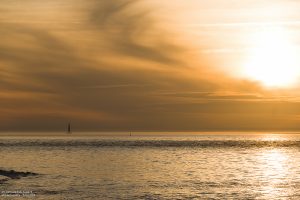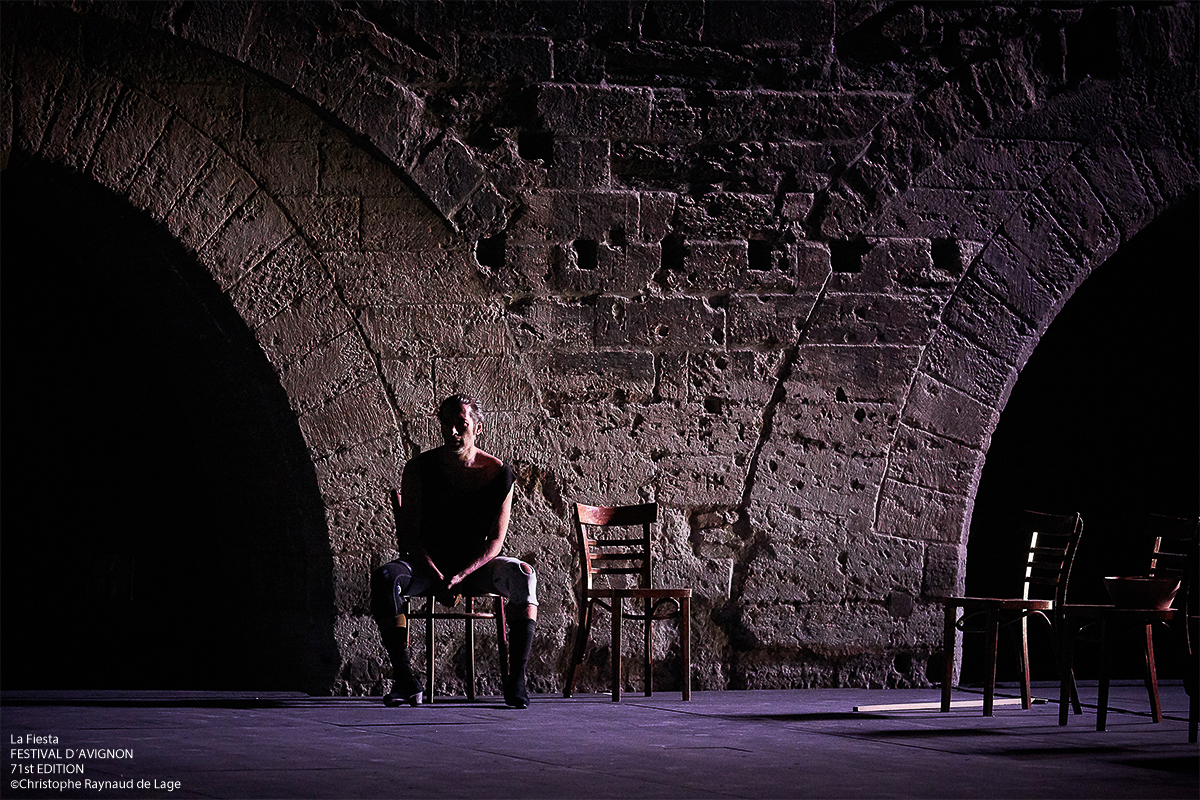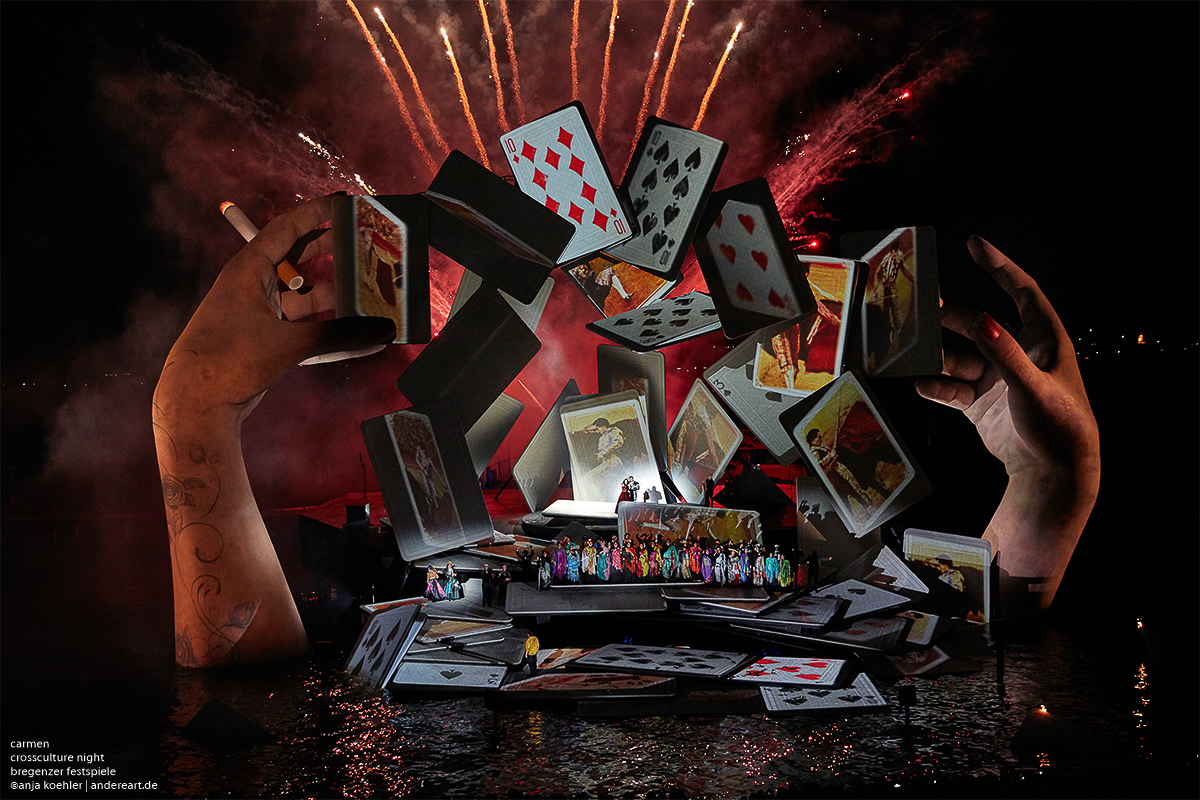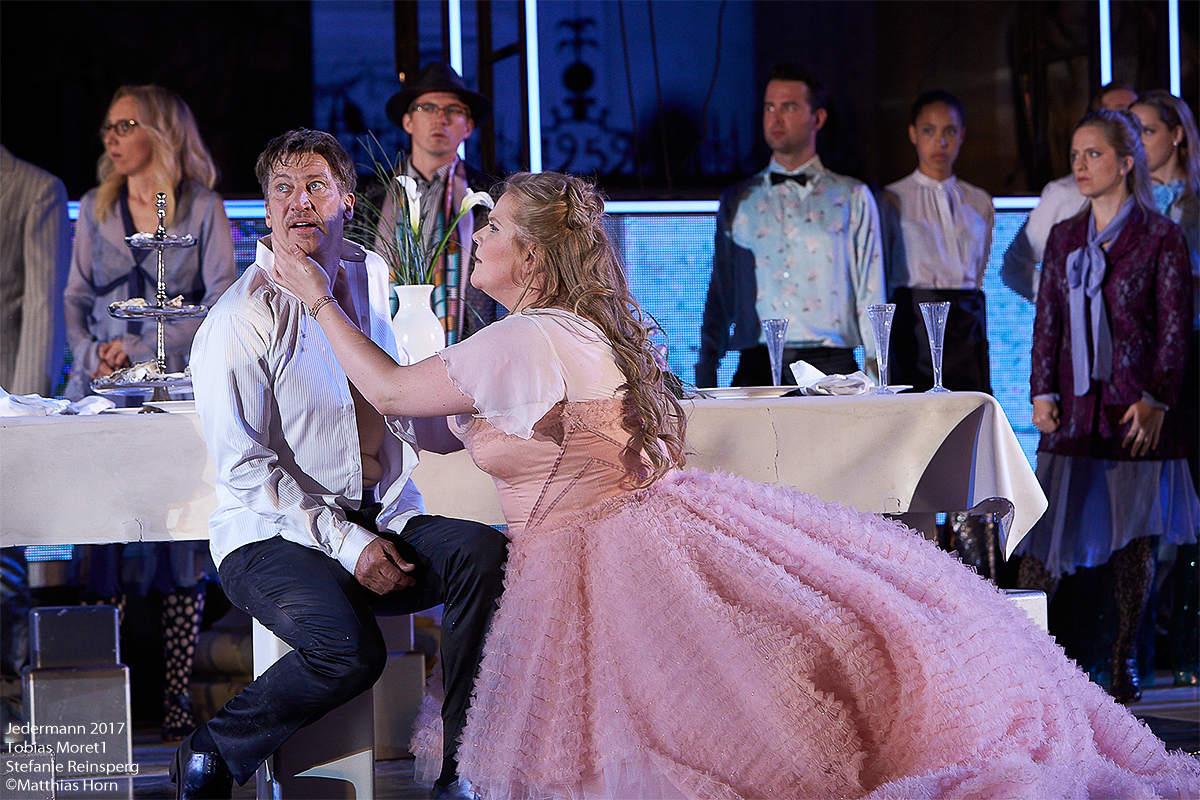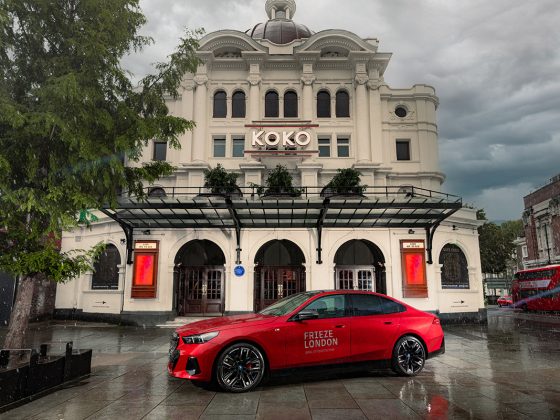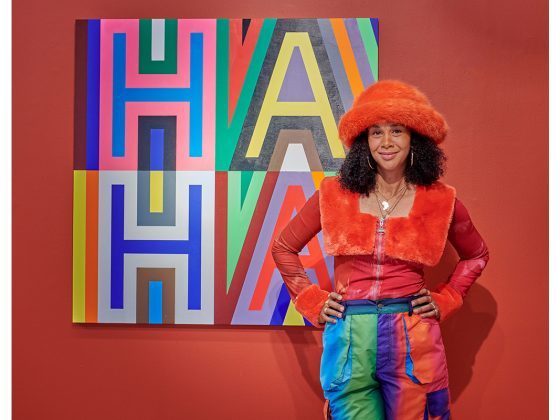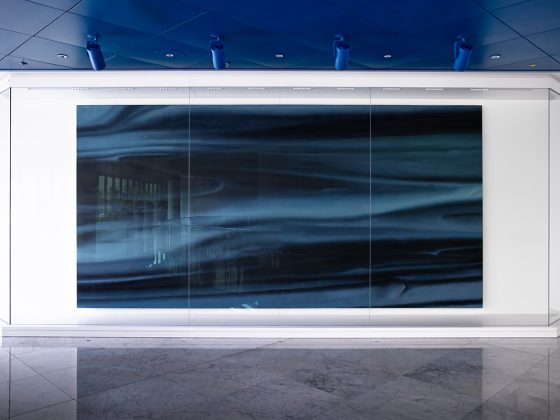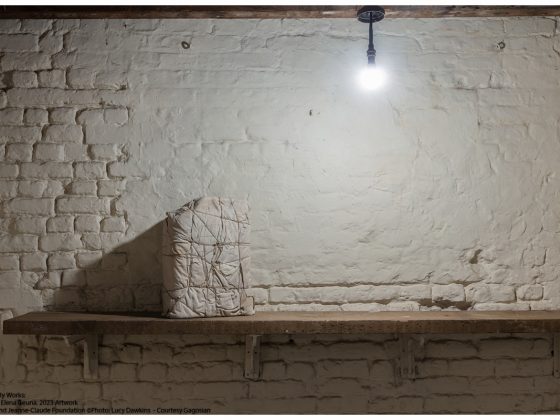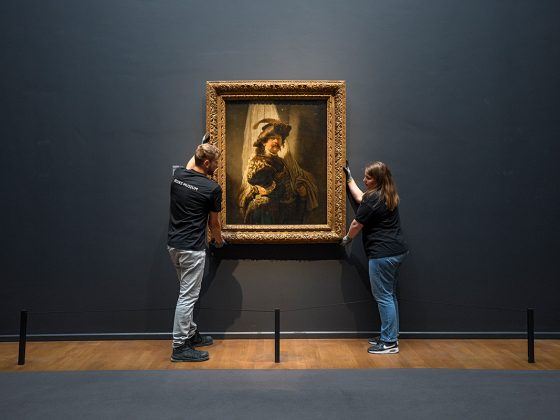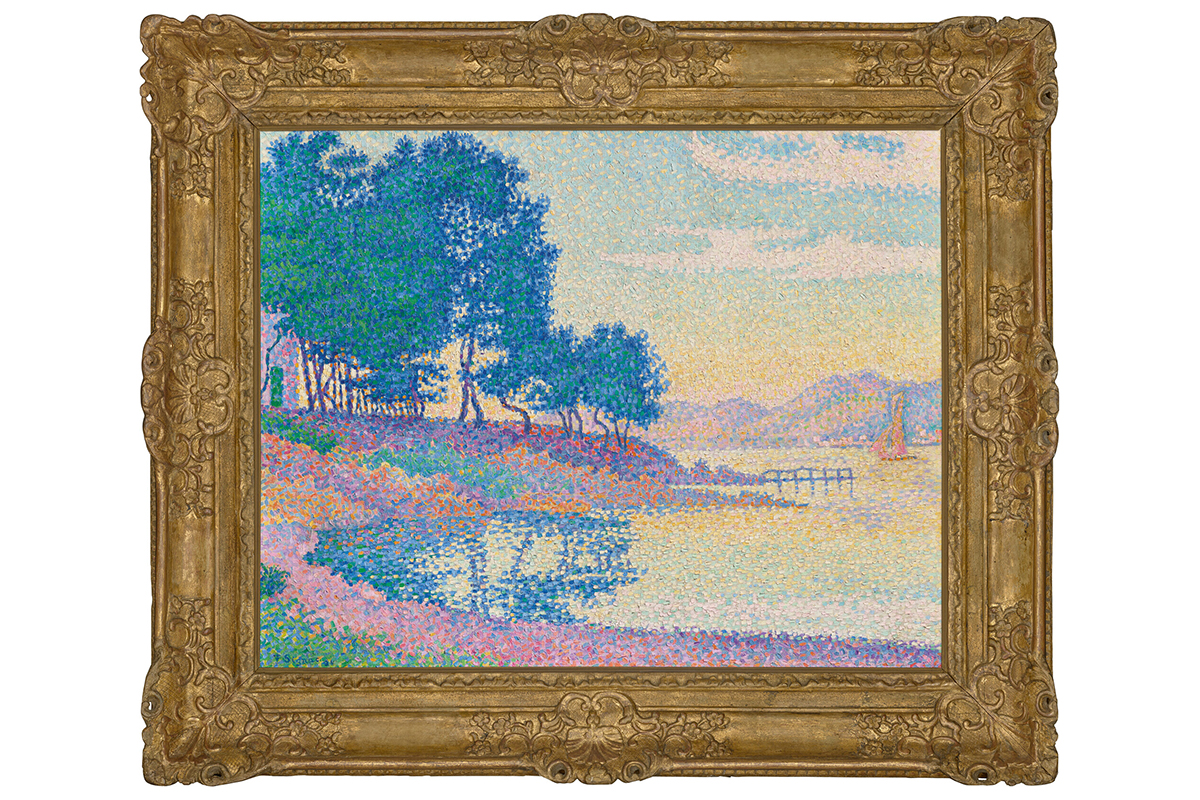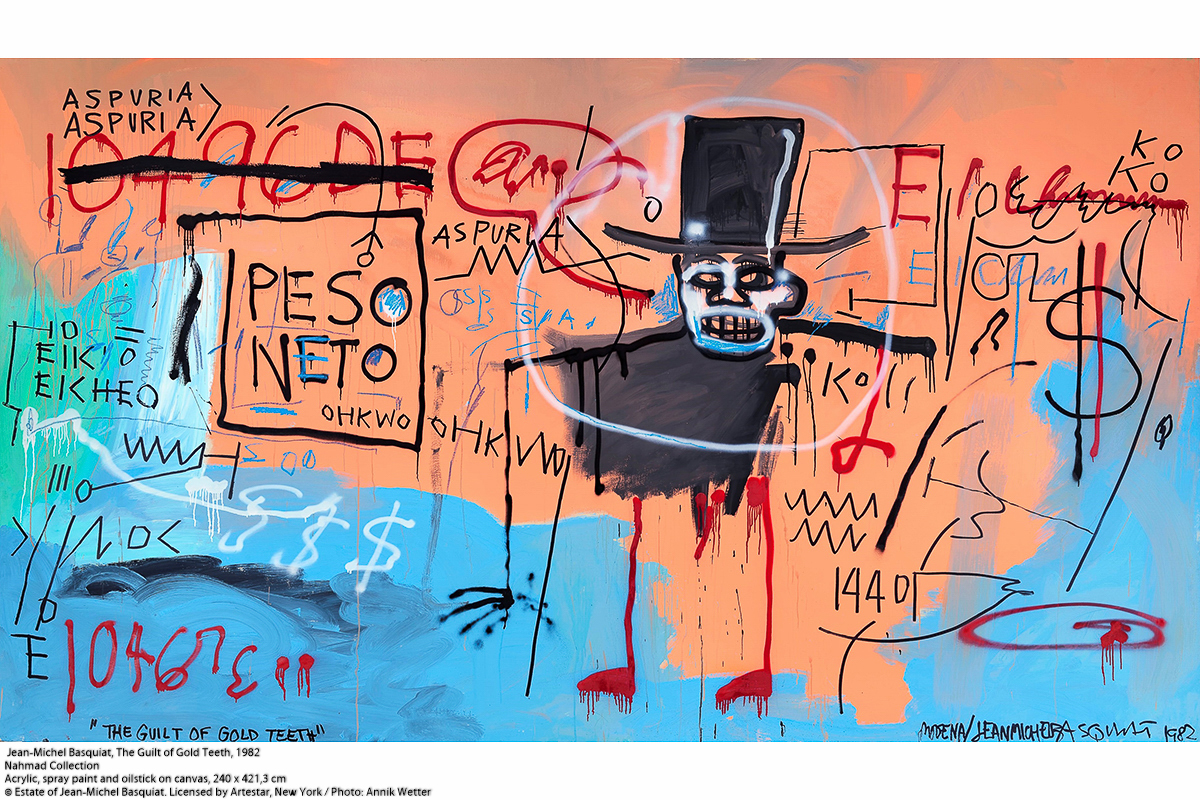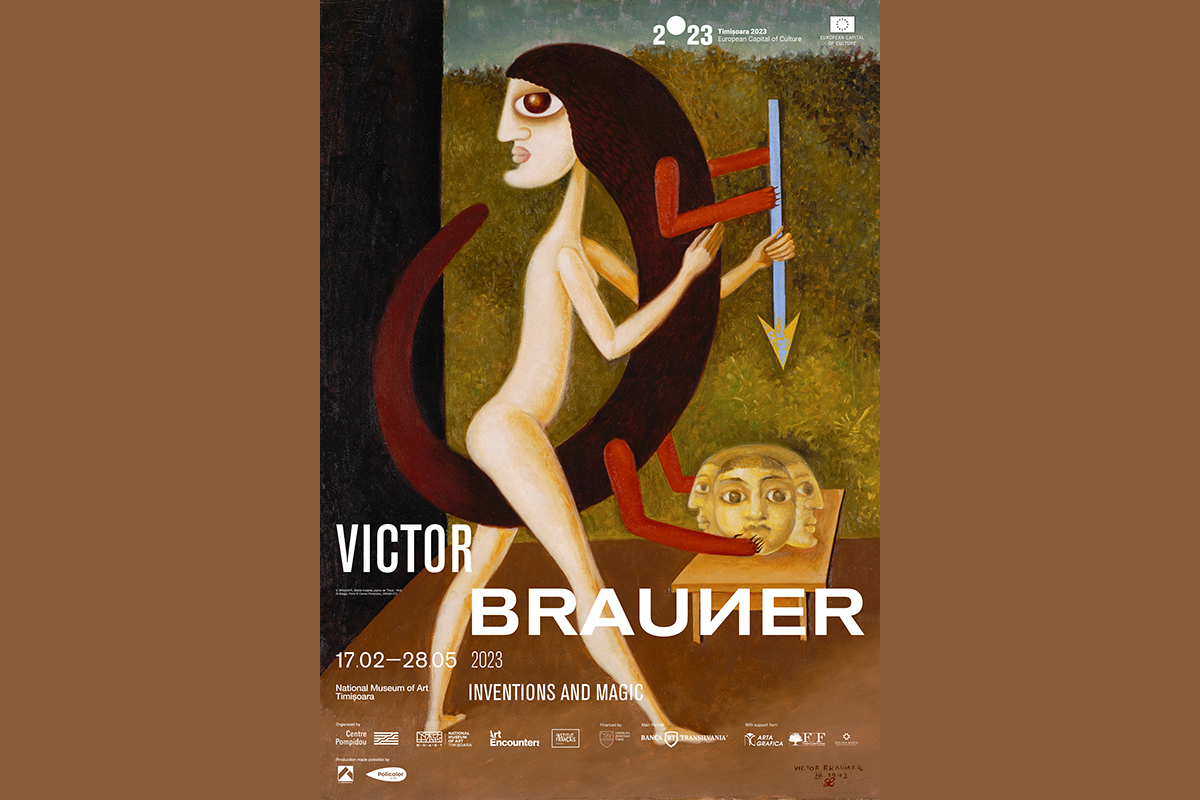A facinating representation of Spanish traditions expressed through Flamenco.
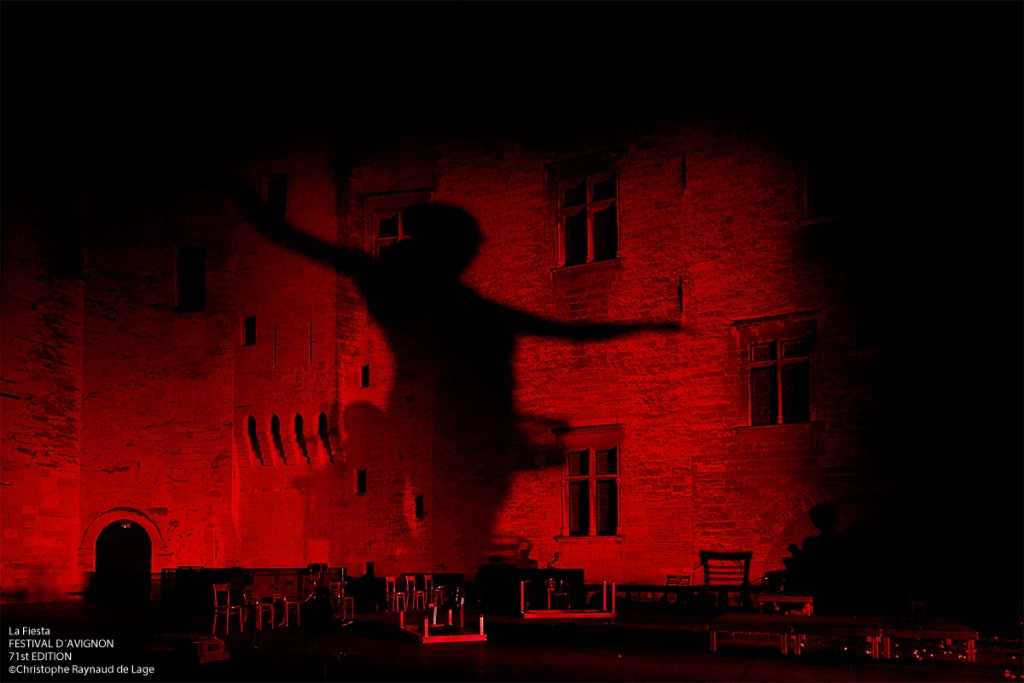
Conception, direction artistique et chorégraphie : Israel GALVÁN
Lieu : Cour d’honneur du Palais des Papes
Photo : Christophe RAYNAUD DE LAGE
“I think that celebration is at once the expression and the necessary component of my culture.” Fiesta is the manifestation of a specific aspect of Spanish culture, which expresses itself throughout the year through festivals and religious celebrations, carnivals and pilgrimages. But it is also a precise and codified moment in a flamenco show in which the performers announce the finale by switching roles (fin de fiesta).
When Israel Galván thinks of those moments, the Andalusian choreographer is reminded of artists for whom celebration was work and lost their intrinsic necessity, or of thousands of people like caught in a vice on the street, prisoners of compact crowds its cannot escape. Those celebrations have nothing to do with those of his community, of family. Intimate celebrations through which “can appear a certain violence, a certain eroticism, in a sort of general feeling of liberation.”
Fin de fiesta is a code of flamenco inherited from the spontaneity of parties. It’s that final minute of the show where the artists seem to freely and casually switch roles in order to bring the celebration to a close: the guitarist will dance while the dancer sings, for instance.
My daily life takes place in an atmosphere of celebration. Throughout Spain, but in particular in Seville in Andalusia, where I work, everything is cause for celebration: death, Christmas, the corrida, Semana Santa, the April fair, the El Rocío pilgrimage, the carnival. Politically and culturally, the year in Spain is a succession of celebrations. We are, as a society, constantly getting ready to celebrate. I think that celebration is at once the expression and the necessary component of my culture.
José Galván
He has chosen to bring together unique dancers and musicians (Emilio Caracafé, El Junco, Ramón Martínez, Niño de Elche, Uchi), and not only flamenco performers (Eloísa Cantón, Minako Seki, Alia Sellami), for he believes that a voice becomes flamenca as soon as it is accompanied by flamenco music. Israel Galván doesn’t just try to render the truth of his fiesta, largely unknown to the public, a truth that can stand separation between the arts that make it up almost as little as it can too much preparation, he also seeks to experience this feeling forbidden to the great soloists of his art: to be one with the group, to experience something greater than himself. Bringing his Fiesta to the Cour d’honneur will give him that chance.
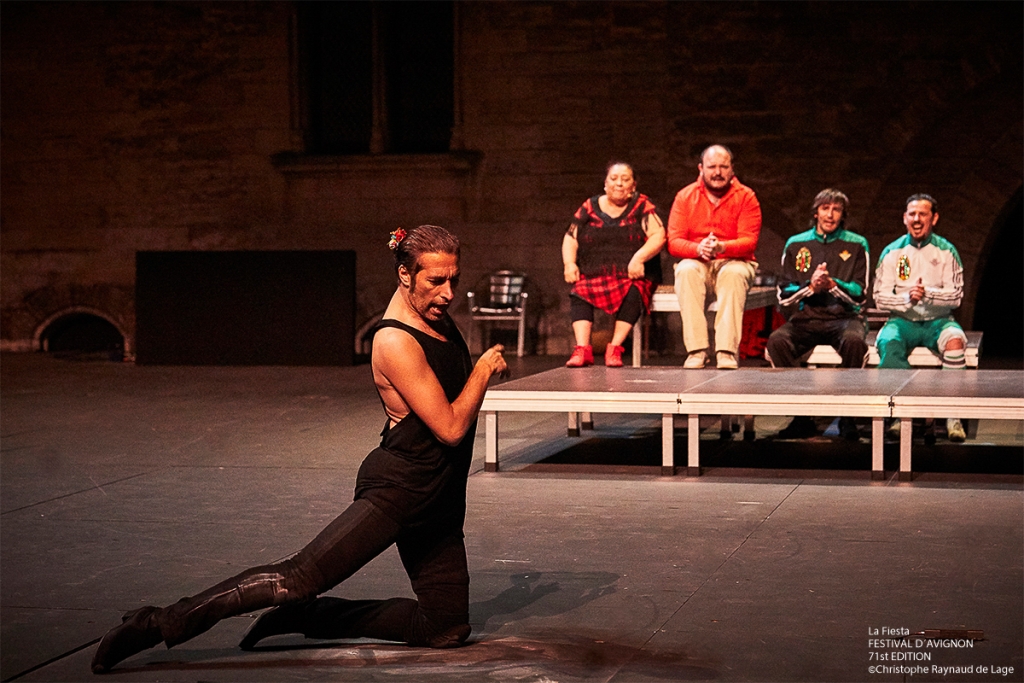
Conception, direction artistique et chorégraphie : Israel GALVÁN
Lieu : Cour d’honneur du Palais des Papes
Photo : Christophe RAYNAUD DE LAGE
The son of dancers José Galván and Eugenia de los Reyes, Israel Galván, born in Seville in 1973, grew up in tablaos and flamenco schools, in an atmosphere of fiesta. In 1994, he joined Mario Maya’s Compañía Andaluza de Danza. He created his first show in 1998, ¡Mira! / Los zapatos rojos, which was enthusiastically received by critics. He followed it up with, among other, La Metamorfosis (2000), Arena (2004), La Edad de oro (2005), El Final de este estado de cosas (which he presented at the Festival d’Avignon in 2009), La Curva (2010), Lo Real/Le Réel/The Real (2012), FLA.CO.MEN (2013). He built his international reputation on the boldness of his creations, born of a perfect mastery of the choreographic culture of flamenco and based on his own inner states. Open to stylistic daring in all its forms, the choreographer alternates intimate forms, great shows, and collaborations with contemporary artists such as Enrique Morente, Pat Metheny, Sylvie Courvoisier, and Akram Khan (TOROBAKA, 2015). His work has earned him numerous awards, including the New York Bessie Performance Award and the National Dance Award for Exceptional Artistry (United Kingdom). In 2016, he was named Officer of the Ordre des Arts et des Lettres.
Distribution
Design, artistic direction and choreography Israel Galván
Dramaturgy Pedro G. Romero
Collaboration at direction Patricia Caballero and Carlos Marquerie
Music Israel Galván and Niño de Elche
Collaboration with the director Patricia Caballero
Stage design Pablo Pujol
Lights Carlos Marquerie
Sound Pedro León
Costumes Peggy Housset
Assistant director Balbina Parra
With Eloísa Cantón, Emilio Caracafé, Israel Galván, El Junco, Ramón Martínez, Niño de Elche, Minako Seki, Alia Sellami, Uchi
With the collaboration of the Byzantine Ensemble Polytropon
Direction Panagiotis Andriopoulos
Voices Panagiotis Andriopoulos, Roni Bou Saba, Charalampos Kalapanidas, Dimitrios Karadimas
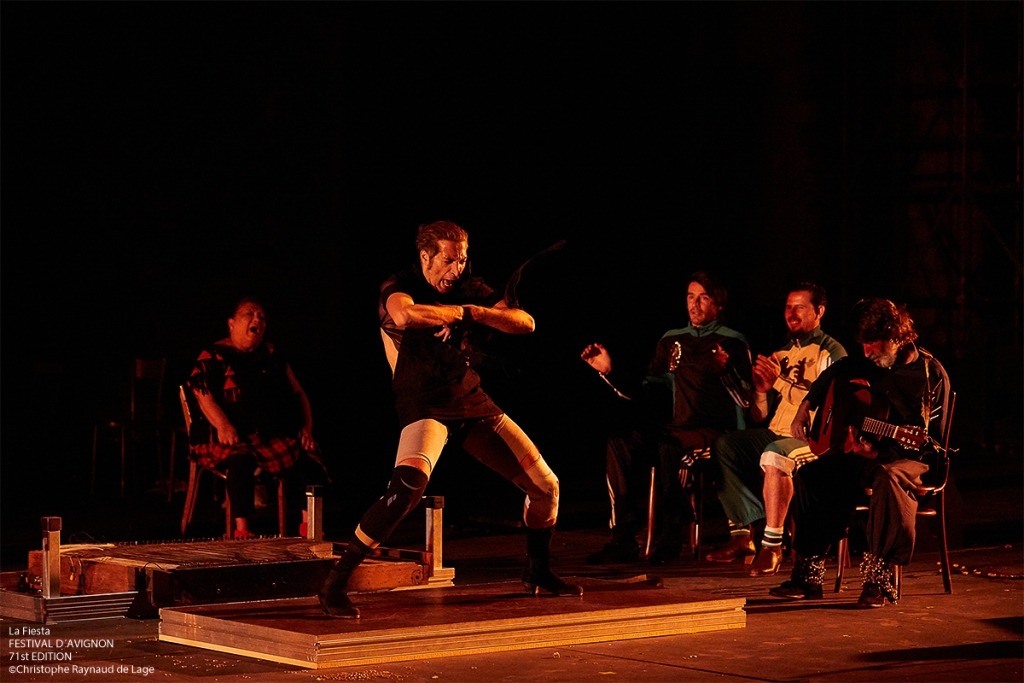
Conception, direction artistique et chorégraphie : Israel GALVÁN
Lieu : Cour d’honneur du Palais des Papes
Photo : Christophe RAYNAUD DE LAGE
FESTIVAL D´AVIGNON 71st EDITION: JULY 16 17 18 19 21 22 23 COUR D’HONNEUR DU PALAIS DES PAPES
NOTE: SHOW broadcast on ARTE on July 19th, and available on ARTE Concert.
TOUR DATES AFTER THE FESTIVAL
– July 29, 2017, Festival d’Estiu, Sagunt (Spain)
– December 21, La MALS, théâtre de Sochaux, MA Scène nationale – Pays de Montbéliard
– January 11-12, 2018, Les Théâtres de la Ville de Luxembourg
– January 19-20, Festival Flamenco de Nîmes
– February 7, Opéra Berlioz Le Corum, Montpellier
– February 27, Festival Flamenco de Jerez (Spain)
– March 19, Le Parvis Scène nationale Tarbes Pyrénées, Ibos – March 22-23, Théâtre de l’Archipel Scène nationale de Perpignan
– May 4-5, Teatros del Canal, Madrid – May 15, L’Onde Théâtre, Vélizy-Villacoublay
– May 18-19, Teatro Central, Séville
– June 2, Théâtre du Beauvaisis, Beauvais
– June 6-12, Théâtre de la Ville, Paris
©FDA 2017
FG ART & TRAVEL INTERNATIONAL
